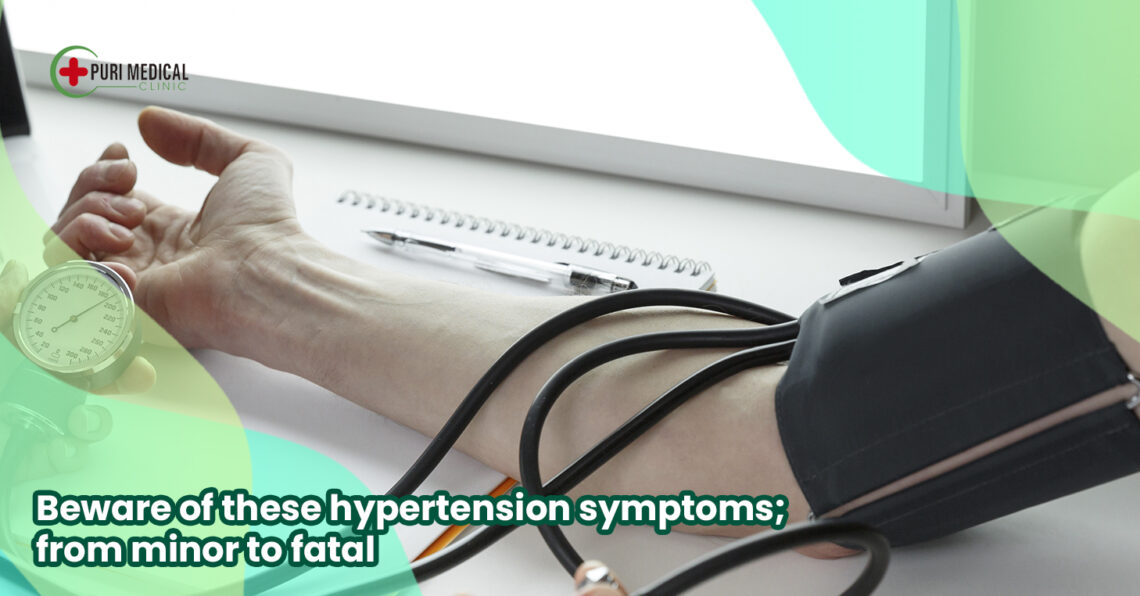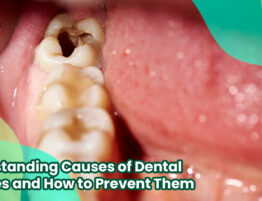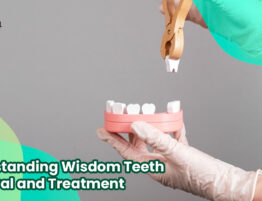
High blood pressure is medically defined as hypertension. If left untreated, this condition can lead to a variety of health complications, including death. The risk of heart disease, stroke, and death can actually increase as a result of this disorder.
The force of circulating blood against the walls of the body’s arteries, which are the main blood vessels, is defined as blood pressure. The amount of pressure that occurs is determined by the resistance of the blood vessels and the intensity with which the heart works.
One of the most dangerous aspects of hypertension, also known as high blood pressure, is that you may be unaware that you have it. Nearly one-third of those who have high blood pressure are unaware of it. This is due to the fact that, unless it is very severe, high blood pressure does not usually cause any symptoms. Regular checkups are the most effective way to determine whether your blood pressure is high.
What causes hypertension?
There are two types of hypertension. Each type has a different cause.
- Primary (also known as essential) hypertension. Aging and unhealthy habits such as not getting enough exercise are among the causes of this most common type of high blood pressure.
- Secondary hypertension (high blood pressure). This type of high blood pressure can be caused by a variety of medical issues (such as kidney or hormonal issues) or by a medication you’re taking.
Secondary hypertension can be caused by a variety of conditions, including:
- Obstructive Sleep Apnea (OSA).
- Kidney problems.
- Adrenal gland tumors.
- Thyroid problems.
- Congenital defects in blood vessels.
- Medications, such as birth control pills, cold medicine, decongestants, and over-the-counter painkillers.
- Illegal drugs.
What are the symptoms of hypertension?
A person suffering from hypertension will feel several symptoms that arise, including:
- Headache;
- Nosebleed;
- Vision problems;
- Chest pain;
- Ears ringing;
- Hard to breathe; and
- arrhythmia.
Severe hypertension symptoms can include:
- Fatigue;
- Nausea and/or vomiting;
- Confusion;
- Feeling anxious;
- Pain in the chest;
- muscle tremors; and
- The presence of blood in the urine.
What are the risk factors of Hypertension?
Indeed, the possibility of developing hypertension increases in direct proportion to age. People who are older are more likely to develop hypertension. Other risk factors that can contribute to hypertension include:
- Over 65 years.
- Frequent consumption of high-salt foods.
- Overweight or obese.
- There is a family history of the same medical condition.
- Less consumption of fruits and vegetables.
- Not physically active or rarely exercise.
- Consuming too many foods or drinks that contain caffeine.
- Smoking habit.
- Drink a lot of alcoholic beverages.
- Stress. High levels of stress can temporarily increase blood pressure.
- Certain chronic conditions, such as kidney disease, diabetes, or sleep apnea.
It should also be noted that high blood pressure can occur during pregnancy. Furthermore, this disorder can occur in children and is usually caused by kidney or heart problems. This problem is made worse by the influence of an unhealthy lifestyle.
What can happen if hypertension is not treated?
Untreated hypertension can lead to a variety of serious health issues, which include:
- Stroke.
- Heart attack.
- Peripheral vascular disease.
- Kidney disease/failure.
- Complications during pregnancy.
- Eye damage.
- Vascular dementia.
What should I do if I have high blood pressure?
If you’ve already been diagnosed with high blood pressure or have other risk factors for cardiovascular disease, your doctor will most likely advise you to take more frequent readings. Blood pressure is usually measured in children aged 3 and up as part of their annual checkups.
If you don’t see your doctor on a regular basis, you might be able to get a free blood pressure screening at a health resource fair or another location in your community. Some stores also have machines that will measure your blood pressure for free.
When to see a doctor
Blood pressure screening is an important part of general health care. How often you should get your blood pressure checked depends on your age and overall health.
Ask your provider for a blood pressure reading at least every two years starting at age 18. If you’re age 40 or older, or you’re 18 to 39 with a high risk of high blood pressure, ask for a blood pressure check every year.
Your care provider will likely recommend more-frequent readings if have high blood pressure or other risk factors for heart disease.
Children age 3 and older may have blood pressure measured as a part of their yearly checkups.
PuriMedical is always ready to be your trusted healthcare option if you are visiting or currently in Bali, particularly the Kuta and Kerobokan areas. We offer the best emergency treatment, health consultation, and vaccination programs to keep you and your family safe.
If you are interested in our services, please contact us at +(62) 85 100 103 103 or [email protected]. Our staff of experienced and highly skilled doctors and specialists are available 24/7 to offer you the best health care possible.








